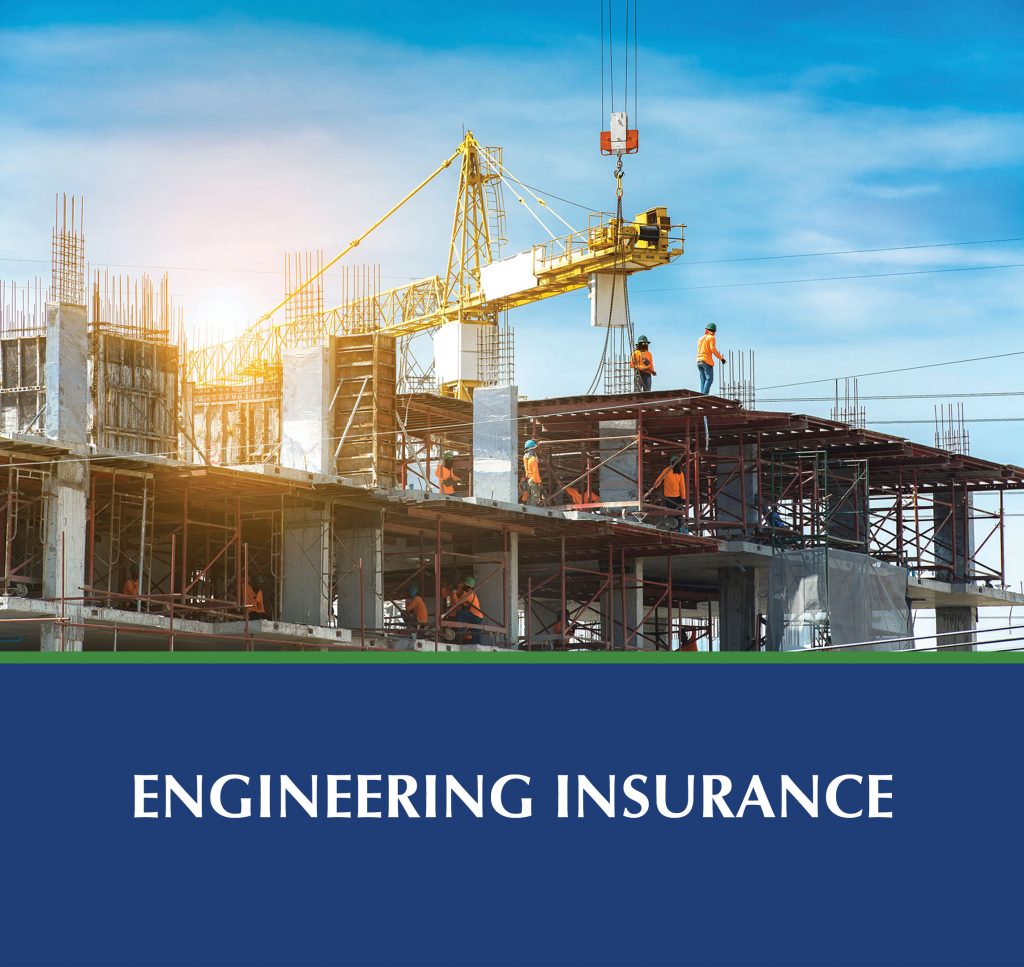Insurance
What Is Engineering Insurance

Unless you’re an insurance expert, a professional in the field of discussion, or a truly versatile individual, ‘Engineering Insurance’ may appear somewhat novel, much like cyber insurance.
Life insurance, health insurance, and automobile insurance are the most frequent types of insurance in Nigeria.
Engineering Insurance may appear unusual in this region of the world because it caters to a certain specialty. However, it is worth noting that insurance firms supply their services in Nigeria.
What is Engineering Insurance?
Engineering insurance is a type of insurance that covers the risks associated with engineering-related incidents.
The Engineering Industry is all about design, creation, building, and construction. As a highly technological industry, there is a high risk of accidents and construction-related hazards.
To put it more formally, Engineering Insurance covers the various types of uncertainties associated with on-site building, such as machinery and plant utilization.
Types of Engineering Insurance
There are Insurance companies in Nigeria offering some or all of the types of Engineering Insurance we shall be examining subsequently.
1. Plant All Risk Insurance
Remember how we mentioned’machinery and plant usage’ in our definition of Engineering Insurance?
Simply defined, this insurance coverage is designed to cover the loss and unforeseen damages of operational tools.
Construction equipment and operational machinery are prone to wear and tear due to their exposure to harsh weather conditions.
Do you own or run engineering facilities and machinery? Consider purchasing a ‘Plant All Risk Insurance’ insurance.
2. Machine Breakdown Policy
As the name implies, the Machine Breakdown Policy covers losses caused by abrupt or unexpected damage to equipment, particularly while it is still in use.
The Machine Breakdown Policy covers both internal and exterior damages. Internal damage may include lubrication flaws, electrical damage, overheating, and so on.
Do you own a factory or refrigeration unit(s)? The Machine Breakdown Policy could also be quite useful in protecting your assets.
3. Electronic Equipment Policy
This principle frequently applies to systems and devices that operate at low voltage and power levels.
Are any devices coming to mind? Okay, they contain ordinary items such as PCs, UPS, stabilizers, and the like. Medical equipment, such as ultrasound devices and x-ray machines, are not overlooked in the league.
As a result, the insurer will bear the expense of replacing or repairing electronic equipment and devices to restore them to their original state.
4. Contractor’s All Risk Cover
You guessed correctly from the title and description: it insures contractors and provides financial insurance against damage or loss experienced during construction projects.
Furthermore, like the other types of Engineering Insurance we’ve discussed, Contractor’s All Risk Cover protects against loss or damage to plants and equipment.
This guideline is consistent with our reference to on-site construction uncertainty. It is specific to civil engineering projects such as buildings, flyovers, airports, and the like.
Did I also add that the ‘Contractor’s All Risk Cover’ covers fires that occur during active building work? However, the Fire Insurance Policy covers the majority of this.
5. Erection All Risk
The risk covered here is that of erecting machinery or plant structures. Apart from that, it covers installation, commissioning, and testing of machines.
As previously stated, the background of the equipment we have been detailing since its inception is engineering-related.
Excavators, bulldozers, graders, trenchers, loaders, tower cranes, pavers, and other construction machines are depicted on-site.
Is this description similar to what you are involved in? You should add obtaining a ‘Erection All Risk’ policy on your to-do list.
Conclusion
What kind of Engineering Insurance Policy piques your interest? Despite having similar traits, they each serve diverse purposes. Examine your needs in relation to the primary deliverables of each Engineering Insurance policy.










